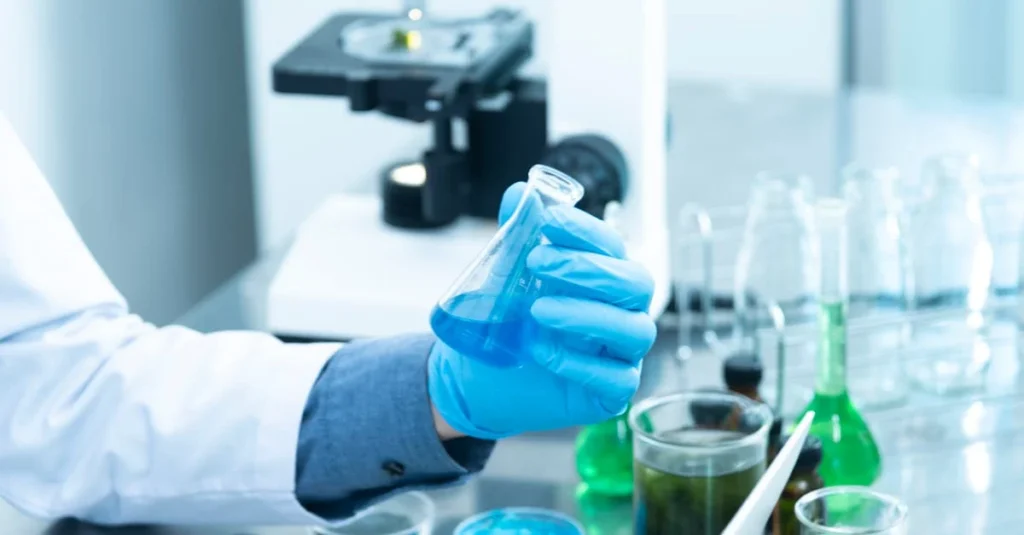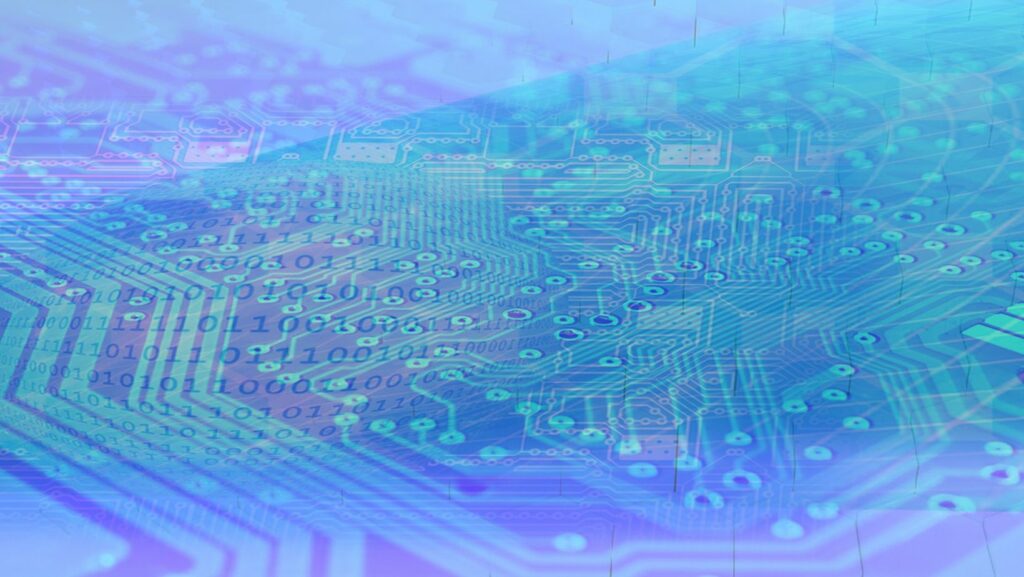In a world where technology evolves at lightning speed, hi tech medicine stands at the forefront of healthcare innovation. This dynamic field harnesses cutting-edge advancements to enhance diagnosis, treatment, and patient care, transforming the way medical professionals approach health challenges. From artificial intelligence to telemedicine, these tools are reshaping the healthcare landscape and improving outcomes for patients everywhere.
As healthcare continues to integrate sophisticated technologies, the potential for personalized medicine becomes more tangible. Patients can now benefit from tailored treatments that cater to their unique genetic profiles and health needs. With the promise of increased efficiency and effectiveness, hi-tech medicine is not just a trend—it’s a revolution that’s changing lives and setting new standards in medical practice.
Hi Tech Medicine
Hi tech medicine refers to the integration of advanced technologies into healthcare practices, leading to substantial advancements in diagnosis, treatment, and patient management. This area encompasses various methodologies, including telemedicine, artificial intelligence (AI), robotics, and wearable devices, all designed to enhance patient care.
Telemedicine provides remote consultations, allowing healthcare professionals to reach patients regardless of geographic barriers. A 2021 study revealed that telemedicine utilization surged by 154% during the COVID-19 pandemic.
Artificial Intelligence plays a pivotal role in data analysis, enabling predictive analytics for disease identification. AI algorithms assist in evaluating medical images and streamlining clinical workflows. For example, AI systems can detect anomalies in radiology scans with accuracy comparable to human radiologists.
Robotics enhances surgical precision and outcomes. Robotic-assisted surgeries lead to minimized invasiveness and shorter recovery times. According to data from the American College of Surgeons, robotic surgery has reduced hospital stay durations by approximately 30%.
Wearable Devices monitor patients’ vital signs continuously. These devices facilitate real-time health tracking, enabling timely interventions. Research indicates that individuals wearing fitness trackers are more likely to engage in healthier lifestyles.
The convergence of these technologies heralds a new era in personalized medicine. Custom treatments arise from analyzing individual genetic profiles and health data, providing tailored therapeutic options. Overall, hi tech medicine represents a transformative approach that significantly enhances healthcare delivery and patient outcomes.
Innovative Technologies in Healthcare
Innovative technologies revolutionize healthcare delivery and patient experiences. This section elaborates on key advancements in artificial intelligence and telemedicine.
Artificial Intelligence Applications
Artificial intelligence (AI) drives profound changes in healthcare. AI analyzes vast datasets, identifying patterns that improve diagnosis and treatment decisions. For instance, AI algorithms in radiology enhance the accuracy of medical image evaluations, leading to earlier detection of conditions such as cancer. In drug development, AI accelerates research by predicting which drug formulations may be most effective based on biological data. Additionally, AI-supported virtual health assistants provide patients with timely health information, promoting more informed decision-making.
Telemedicine Advancements
Telemedicine evolves rapidly, expanding access to healthcare services. Remote consultations eliminate geographic barriers, enabling patients in rural areas to connect with specialists. Telemedicine platforms integrate video conferencing, secure messaging, and remote monitoring tools, facilitating comprehensive care in real-time. The COVID-19 pandemic catalyzed the adoption of telemedicine, with usage increasing by 154% in 2020 alone. As regulations become more supportive, telemedicine continues to integrate seamlessly into preventative care, follow-up visits, and chronic disease management.
 Wearable Health Devices
Wearable Health Devices
Wearable health devices play a crucial role in hi-tech medicine by enabling continuous health monitoring and empowering individuals to take charge of their well-being. These devices track various health metrics and provide valuable insights for both patients and healthcare providers.
Benefits of Wearables
- Real-Time Monitoring: Wearable devices, such as smartwatches and fitness trackers, enable continuous tracking of vital signs like heart rate, sleep patterns, and physical activity levels. This real-time data aids in early detection of health issues.
- Data-Driven Insights: Wearables collect vast amounts of health data, providing users with personalized feedback and recommendations. This individualized approach enhances engagement in health management.
- Improved Chronic Disease Management: For individuals with chronic conditions, wearable devices offer tools for monitoring symptoms and medication adherence. This facilitates timely intervention and reduces hospital visits.
- Encouragement of Healthy Habits: Many wearables include features that promote physical activity and healthy lifestyle choices. Users receive reminders to move and notifications when activity goals are met, leading to improved overall wellness.
- Enhanced Communication with Healthcare Providers: Wearable devices allow for seamless sharing of health data with healthcare providers, enabling more informed decision-making and tailored treatment plans.
- Data Privacy Concerns: The collection and storage of personal health data raise significant privacy issues. Users must trust manufacturers to protect sensitive information from breaches.
- Accuracy of Data: Some wearable devices may not provide completely accurate measurements, leading to potential misinterpretations of health status. This limitation necessitates verification with clinical-grade devices.
- User Engagement: Sustaining long-term user engagement presents challenges. Many individuals may lose interest in using wearables, hindering the effectiveness of tracking and monitoring.
- Integration with Healthcare Systems: Incompatibility issues can arise when attempting to integrate wearable health data into existing healthcare systems. Smooth data transfer and accessibility remain critical for utilization.
- Cost and Accessibility: While prices for wearables have decreased, cost still poses a barrier for some individuals. Limited access to technology in certain populations can exacerbate healthcare disparities.
Wearable health devices embody a significant advancement within hi-tech medicine, offering diverse benefits and presenting challenges that require careful consideration.
The Future of Hi Tech Medicine
The future of hi tech medicine promises substantial advancements driven by continuous integration of emerging technologies. Innovations like AI, telemedicine, and robotics will expand capabilities and improve patient outcomes.
AI’s predictive analytics will enhance diagnostic accuracy and treatment personalization. It will analyze extensive datasets, leading to tailored treatment plans that consider individual genetics and lifestyle factors. This evolution supports the shift toward personalized healthcare.
Telemedicine’s reach will grow, facilitating remote healthcare access regardless of geographic location. Its combination of video consultations and secure messaging will streamline patient-provider interactions, ensuring timely care and follow-ups. Continued regulatory support will promote telemedicine’s integration into routine healthcare practices.
Robotics will play an increased role in surgical procedures, offering precision and reduced recovery times. Enhanced robotic systems will allow for minimally invasive surgeries, minimizing trauma and accelerating healing.
Wearable devices will evolve, featuring advanced sensors for real-time monitoring of health metrics. Continuous data collection will empower patients to engage actively in their health management while enabling healthcare providers to make informed decisions based on real-time information.
As technologies advance, addressing challenges such as data privacy, device accuracy, and system integration will become essential. The ongoing evolution of hi-tech medicine will reshape healthcare delivery, fostering better patient experiences and outcomes.
Reshaping The Healthcare Landscape
Hi tech medicine is undeniably reshaping the healthcare landscape. With the integration of AI, telemedicine, robotics, and wearable devices, patients are experiencing unprecedented levels of personalized care. These advancements not only enhance diagnosis and treatment but also empower individuals to take charge of their health.
As technology continues to evolve, the potential for improved patient outcomes grows. However, addressing challenges like data privacy and system integration will be crucial for the sustainable advancement of hi-tech medicine. The future looks promising, and the ongoing innovations will likely redefine healthcare delivery for years to come.



